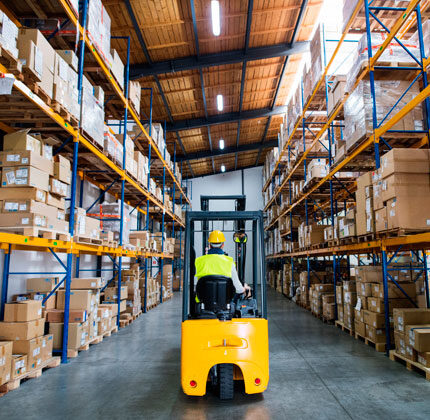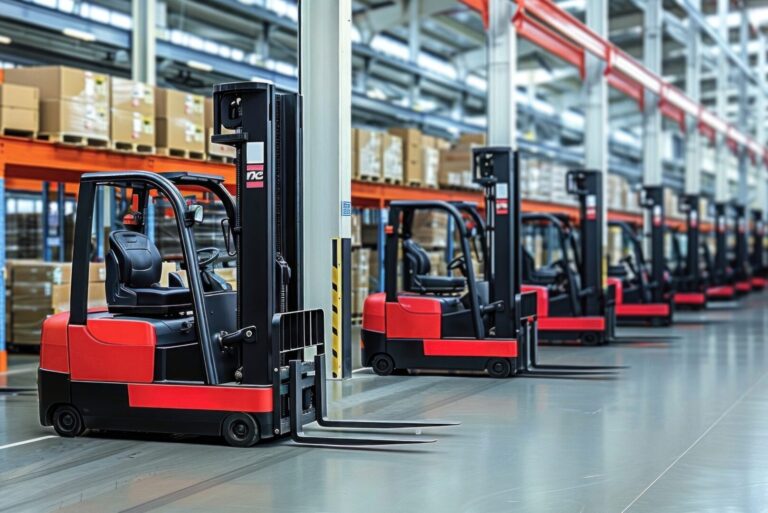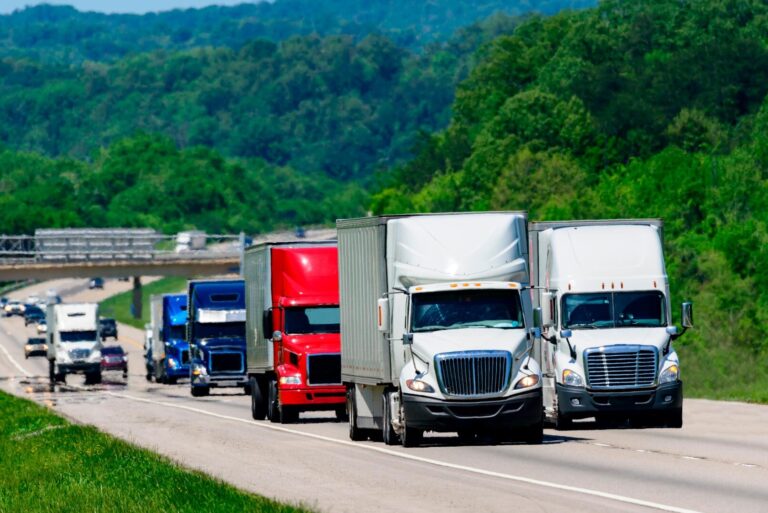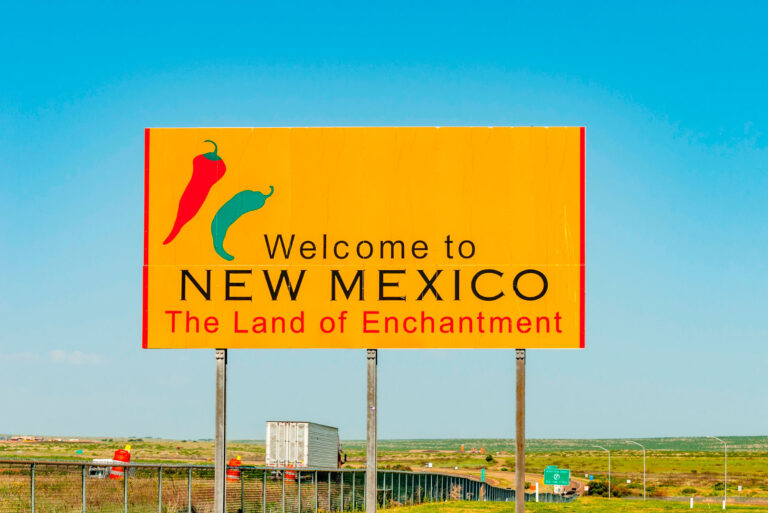California Plans to Ban New Propane and Gas Forklifts Starting in 2026
January 3, 2024
In an effort to further push the adoption of alternate fuel and low-carbon vehicles, the California Air Resources Board (CARB) has drafted a regulation that will ban the sale, purchase, and eventually, the usage of gas and diesel forklifts. Starting in 2026, the purchase of new propane and gas forklifts would be banned, with the phase-out of conventional forklift ownership beginning in 2028. Although still in development, this regulation would effectively phase out internal combustion engine (ICE) forklifts throughout California.
This article outlines the proposed regulation and explores how it will affect forklift owners and fleet operators in the coming years.
CARB’s Zero-Emission Forklift Initiative
In the last decade, California has laid the foundation for low-carbon and alternate fuel initiatives through a series of legislation and mandates that phase out traditional gas and diesel vehicles while incentivizing zero-emission alternatives in the transportation and industry sectors. While the majority of California’s initiatives have so far focused on mandating zero-emission commercial trucks and incentivizing the adoption of low-carbon commercial vehicles, a proposed regulation would ban the sale and purchase of commercial ICE forklifts as early as 2026.
The regulation, which was drafted in February 2022 and updated with its latest version in July of the same year, will require new Class IV forklifts purchased or leased in the State of California to be zero-emission starting January 1, 2026. Class IV forklifts, commonly used in warehouse operations, are powered by gas, diesel, or propane, and are a significant contributor to greenhouse gas emissions.
The proposed regulation is expected to go into effect in 2026 and will require fleets to begin transitioning to zero-emission forklifts by 2028. By January 1, 2028, fleet owners will be required to gradually retire Class IV forklifts 10 years or older, or forklifts containing an engine 10 years or older. This will allow fleet owners in California to reach CARB’s goal of 100% zero-emission forklifts by 2038.
To make this transition easier for fleet owners, CARB has permitted several exemptions to these rulings:
- The regulation targets ICE forklifts with a carrying capacity of 12,000 lbs or less. Any fleet that replaces an ICE forklift with a carrying capacity greater than 12,000 lbs may delay the replacement of a regulated forklift until 2038.
- Forklifts not affected by this regulation include:
- Rough terrain forklifts
- Pallet jacks
- Forklifts with a permanently installed telescoping boom
- Forklifts used as combat and tactical support equipment
- Forklifts owned or operated by a facility that falls under the jurisdiction of the Mobile Cargo Handling Equipment at Ports and Intermodal Rail Yards Regulation are not subject to regulation.
- Small businesses with less than 25 employees and less than $5 million in annual gross receipts may continue using one ICE forklift.
- Fleet owners may qualify to use ICE forklifts in low-use scenarios, with no more than 200 hours of use per calendar year.
Adapting to Zero-Emission Forklifts

Read more about how electric forklifts are outcompeting traditional ICE forklifts: Costs and Benefits of Electric Forklifts
Additionally, fleet owners that transition their fleet ahead of schedule can take advantage of the Low Carbon Fuel Standard (LCFS), which allows operators to earn additional revenue through the use of their electric vehicles and material handling equipment (MHE). Through the LCFS, fleet operators can generate credits through their reduced emissions, which can be sold to fuel producers for additional revenue. Currently, there is no mention of how LCFS credit generation will be affected by this new regulation, so fleet owners should take advantage of financial incentives while they are available.
Learn more about the LCFS and how Smart Rebates™ can help ease the cost of your transition: Unlocking the Potential of Low Carbon Fuel Standard Credits in California: How the LCFS Works
Related Posts









